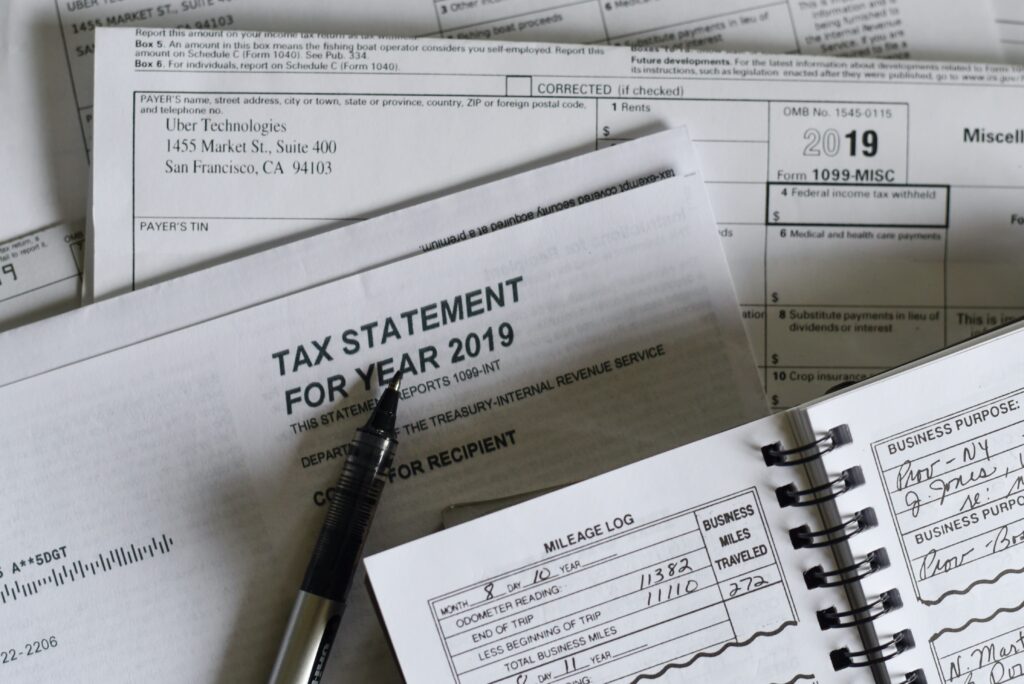The Finance Bill Debate is a pivotal point in Kenya’s dynamic political and economic scene, where decision-makers deliberate and mold the nation’s financial picture. The yearly Finance Bill, a piece of law, is essential for laying out taxation, spending, and economic policy. Parliamentarians examine suggested revisions, talk about fiscal objectives, and negotiate the direction of Kenya’s economic future during this debate.

Legislators use the Finance Bill Debate as a forum to have in-depth discussions and present their points of view on various budgetary issues. Taxation is one of the main areas of concern because it has an impact on both people and corporations. Parliamentarians evaluate suggested modifications to current tax rates, exemptions, and incentives during the discussion. They consider the potential effects of these changes on taxation, the environment for investment, and the general economic health of Kenyans. One of the main objectives of the Finance Bill Debate is to ensure an equitable tax system that strikes a balance between socioeconomic goals and revenue production.
The Finance Bill Debate’s allotment of government spending is yet another critical component. Members of Parliament evaluate the government’s priorities and spending plans by analyzing proposed budget allocations across sectors. Particular focus is placed on important industries like healthcare, education, infrastructure building, and social welfare. Parliamentarians discuss whether financial allotments are adequate, examine project expenses, and suggest changes to guarantee that public monies are used effectively to meet the needs of Kenyan citizens.
The Finance Bill Debate provides a forum for talking about more general economic policies and regulatory frameworks in addition to taxing and spending. The study of economic growth methods, financial laws, investment incentives, and trade policy. Discussions among lawmakers focus on boosting Kenya’s competitiveness, luring foreign direct investment, and promoting sustainable economic growth. The Finance Bill Debate gives representatives a chance to weigh in on the creation of laws that will influence Kenya’s economic environment and promote long-term success.
The Finance Bill Debate involves more than just lawmakers. Experts, economists, members of civil society organizations, and the general public are also invited to participate. In order to ensure that many viewpoints are taken into account and that policies represent the goals and concerns of Kenyan residents, stakeholder engagement and public consultations are essential. Input from the public can highlight potential unintended consequences, suggest alternate courses of action, and keep decision-makers responsible.

In the debate over the finance bill, accountability and transparency are crucial. Parliamentarians are supposed to carefully assess the effects on various sectors, vulnerable populations, and the broader economy while analyzing proposed revisions. Legislators must take caution, hold informed discussions, and act in the nation of Kenya’s best interests. Ensuring that decisions taken during the Finance Bill Debate are in line with national interests and follow good governance principles is made possible by effective oversight procedures and checks and balances.
The Finance Bill Debate is a component of a continuing process of economic governance, not a stand-alone event. The results have an impact on citizen lives as well as the direction of Kenya’s economic policy and investor confidence. Therefore, it is essential that the discussion be done in a productive, inclusive, and forward-thinking way that encourages candid communication, fact-based judgment, and a long-term vision for Kenya’s economic success.
Kenya’s Finance Bill Debate has a huge impact on how the economy of the nation is shaped. Parliamentarians contribute to the creation of fiscal plans that affect the lives of Kenyan citizens through discussions on taxation, government spending, and economic policies. Stakeholder involvement, open and honest debates, and responsible decision-making are crucial for ensuring that the outcomes of the Finance Bill Debate support sustainable and equitable economic growth and are in line with the country’s aspirations.




